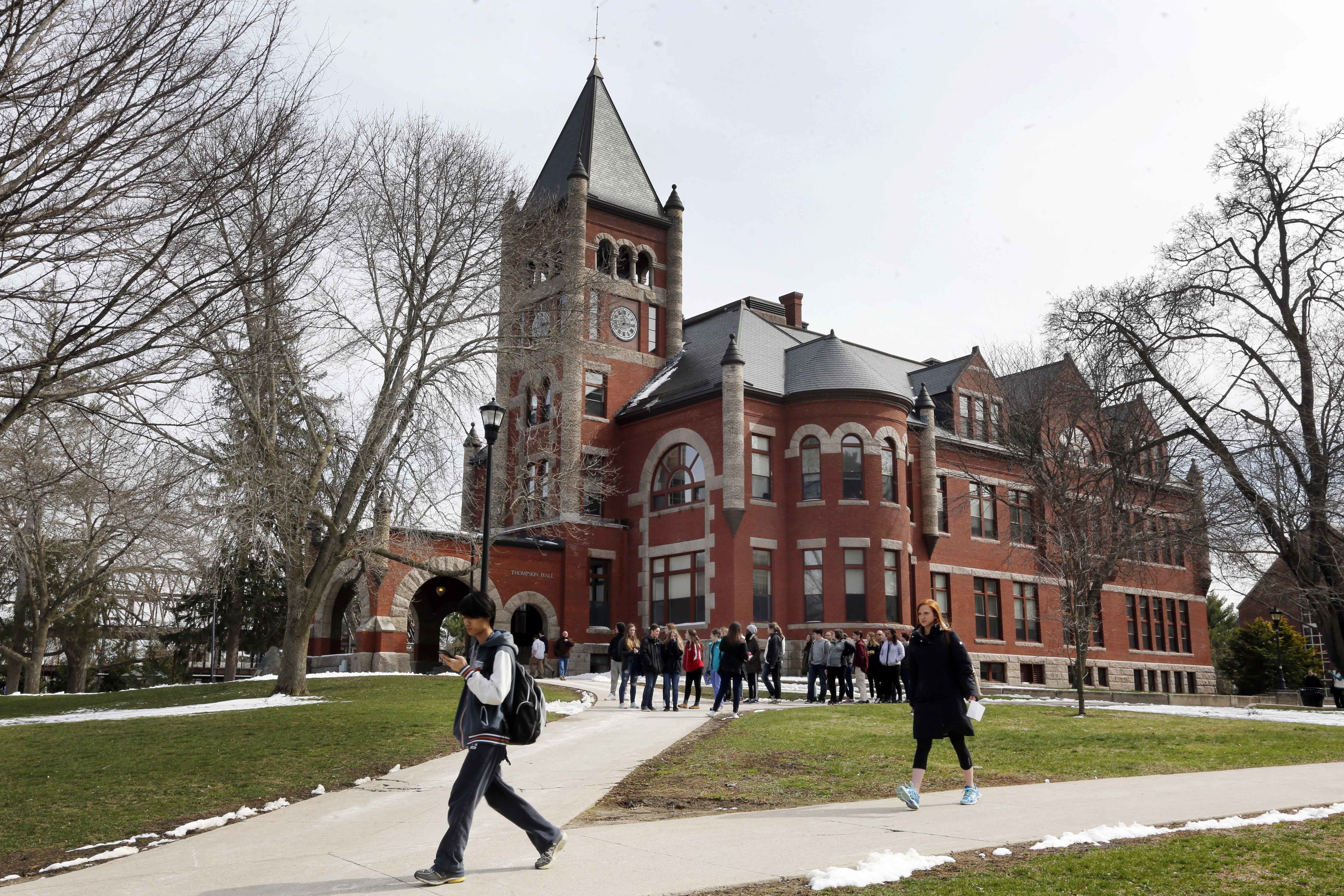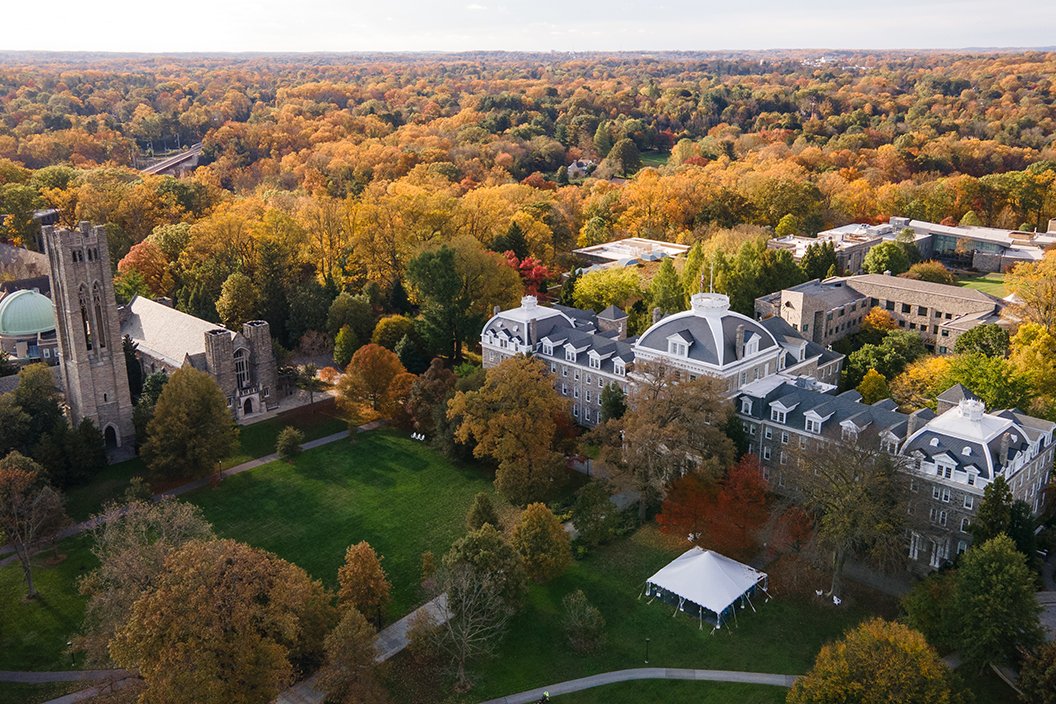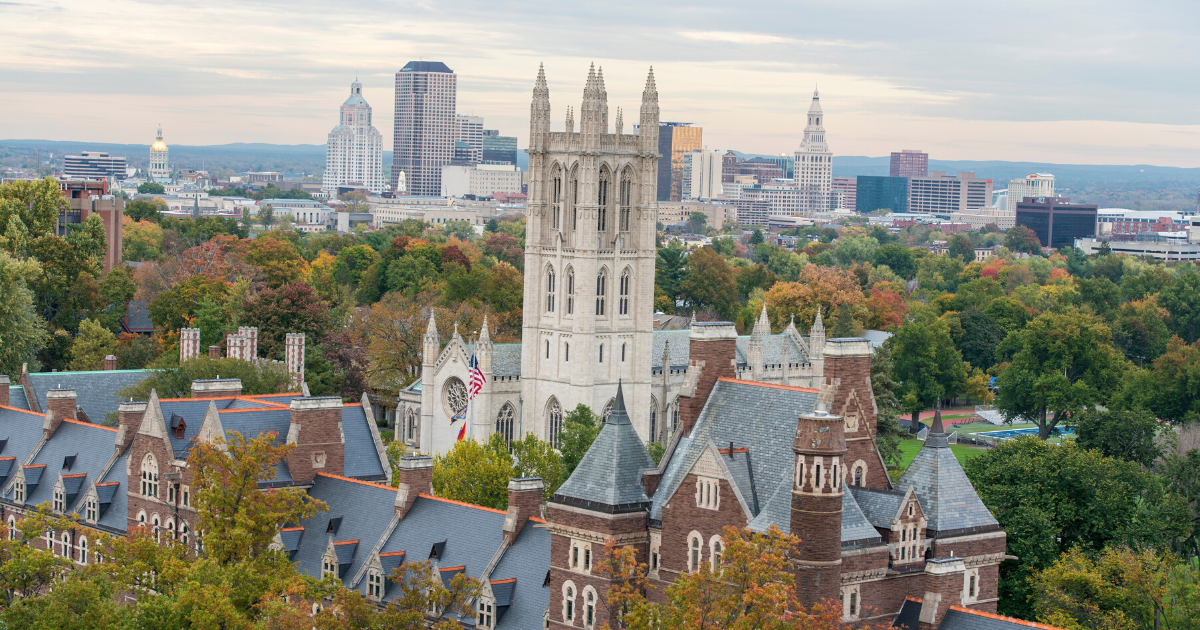The Comprehensive Guide to Harvard Medical School
Introduction
Welcome to the comprehensive guide to Harvard Medical School! Whether you're considering pursuing a medical degree, already a student, or simply interested in learning more about this prestigious institution, this guide aims to provide you with all the essential information about Harvard Medical School. From its history and academic programs to campus facilities and student life, we will explore the various aspects that make this medical school a world-renowned center for medical education and research.
History of Harvard Medical School
Harvard Medical School, founded in 1782, is one of the oldest and most prestigious medical schools in the United States. Located in Boston, Massachusetts, it is affiliated with renowned hospitals, research institutions, and biomedical facilities in the Harvard Medical School community. Throughout its history, Harvard Medical School has been at the forefront of medical education and has made significant contributions to medical research and healthcare innovation.
Academic Programs
Harvard Medical School offers a wide range of academic programs designed to prepare students for successful careers in medicine and biomedical research. The curriculum emphasizes a strong foundation in medical science, clinical skills development, and critical thinking. Key academic programs at Harvard Medical School include:
-
Doctor of Medicine (MD): The MD program at Harvard Medical School is a comprehensive four-year program that combines rigorous academic coursework, hands-on clinical experiences, and opportunities for research. The curriculum is designed to foster critical thinking, evidence-based practice, and compassionate patient care.
-
Joint Degree Programs: Harvard Medical School offers joint degree programs that allow students to pursue additional degrees alongside their medical education. These programs include MD/PhD, MD/MBA, MD/MPH, and MD/Master of Medical Sciences, among others. Joint degree programs provide students with the opportunity to integrate their medical training with other disciplines and enhance their career prospects.
-
Postdoctoral Programs: Harvard Medical School offers various postdoctoral training programs for individuals who have already obtained their doctoral degrees. These programs provide opportunities for advanced research and specialized training in specific fields of medicine and biomedical sciences.
Campus Facilities
Harvard Medical School is situated within the vibrant Longwood Medical and Academic Area in Boston, Massachusetts. The campus encompasses a range of state-of-the-art facilities that support medical education, research, and patient care. Some notable campus facilities at Harvard Medical School include:
-
Harvard Medical School Quadrangle: The Quadrangle houses classrooms, lecture halls, research laboratories, and administrative offices. It serves as the academic hub of the medical school, providing a collaborative and engaging environment for students and faculty.
-
Harvard-affiliated Teaching Hospitals: Harvard Medical School is closely affiliated with world-renowned teaching hospitals, including Massachusetts General Hospital, Brigham and Women's Hospital, and Beth Israel Deaconess Medical Center. These hospitals serve as primary training sites for students, offering diverse clinical experiences and exposure to a wide range of medical specialties.
-
Research Facilities: The medical school's campus is home to cutting-edge research facilities and laboratories where faculty and students engage in pioneering biomedical research. These facilities are equipped with state-of-the-art technologies and resources to support innovative scientific discoveries.
Research Opportunities
Research is a cornerstone of Harvard Medical School, and students have ample opportunities to engage in groundbreaking scientific inquiry. The school is dedicated to advancing medical knowledge and innovation through research across a broad spectrum of disciplines. Students can collaborate with renowned faculty members on ongoing research projects or pursue independent research initiatives. The school also offers research fellowships and summer programs to foster students' research skills and passion.
Clinical Education
Clinical education is an integral component of the curriculum at Harvard Medical School. Students gain hands-on clinical experience through rotations at Harvard-affiliated teaching hospitals, community health centers, and other healthcare institutions. These clinical experiences provide students with exposure to diverse patient populations, complex medical cases, and a multidisciplinary approach to patient care. The emphasis is placed on developing clinical skills, professionalism, and effective communication with patients and healthcare teams.
Student Life
Harvard Medical School offers a vibrant and supportive student community. The school recognizes the importance of a well-rounded educational experience and provides opportunities for students to engage in extracurricular activities, student organizations, and community service initiatives. Some aspects of student life at Harvard Medical School include:
-
Student Organizations: Students can join a variety of student organizations, clubs, and interest groups related to their medical specialties, research interests, and community service. These organizations provide opportunities for networking, mentorship, and personal and professional growth.
-
Community Service: The school encourages students to actively participate in community service activities, both locally and globally. Students can engage in medical outreach programs, volunteer at clinics, and contribute to initiatives addressing healthcare disparities and promoting public health.
-
Campus Events: Harvard Medical School organizes academic conferences, seminars, and speaker series that bring together students, faculty, and experts in various medical fields. These events provide opportunities for intellectual exchange, professional development, and exposure to cutting-edge medical advancements.
Notable Alumni
Harvard Medical School boasts an impressive alumni community of physicians, scientists, educators, and leaders in medicine and healthcare. Notable alumni of the school include:
- Dr. Paul Farmer - Co-founder of Partners In Health and global health advocate.
- Dr. Nancy Andrews - Former Dean of Duke University School of Medicine and renowned researcher in iron metabolism.
- Dr. Harvey J. Alter - Nobel Laureate and researcher known for his contributions to the discovery of the hepatitis C virus.
FAQs
-
Q: How can I apply to Harvard Medical School? A: Prospective students must complete the American Medical College Application Service (AMCAS) application and submit additional materials through the Harvard Medical School-specific application portal. The admissions process evaluates academic achievements, MCAT scores, letters of recommendation, personal statements, and interviews.
-
Q: What are the prerequisites for applying to Harvard Medical School? A: The school requires completion of specific premedical coursework, including biology, chemistry, physics, mathematics, and English. Applicants should refer to the official admissions website for detailed prerequisite information.
-
Q: Does Harvard Medical School offer financial aid? A: Yes, Harvard Medical School is committed to providing financial assistance to students. The school offers a range of scholarships, grants, loans, and work-study opportunities to help students fund their education. Applicants are encouraged to explore the financial aid resources available and apply accordingly.
-
Q: Are there opportunities for research at Harvard Medical School? A: Yes, research is highly valued at Harvard Medical School, and students have numerous opportunities to engage in research activities. Students can collaborate with faculty on ongoing research projects, pursue independent research initiatives, or participate in research fellowships and programs.
Conclusion
In conclusion, Harvard Medical School stands as a world-renowned institution that continues to lead in medical education, research, and patient care. With its rich history, exceptional academic programs, state-of-the-art facilities, and vibrant student community, Harvard Medical School provides a transformative learning experience for aspiring physicians and scientists.

 By
By


